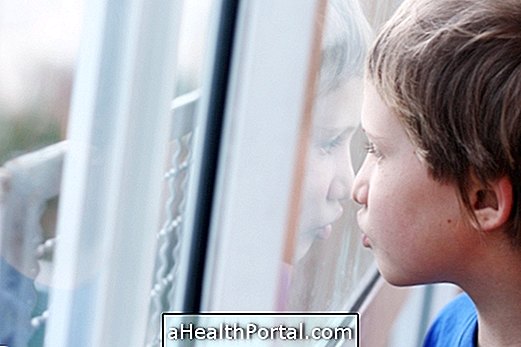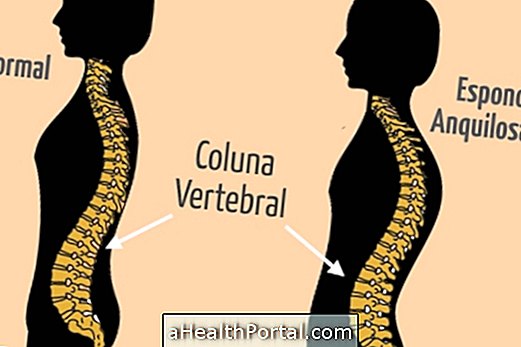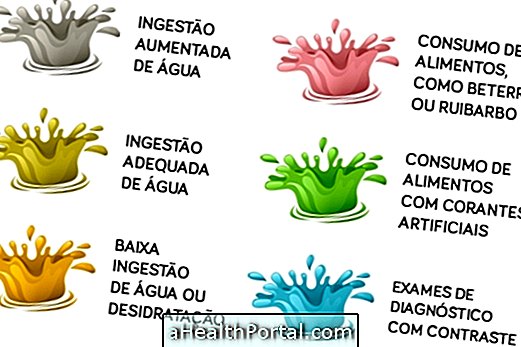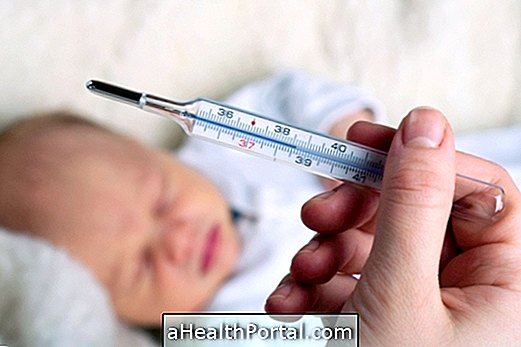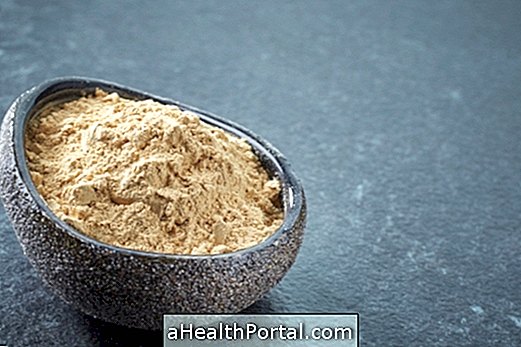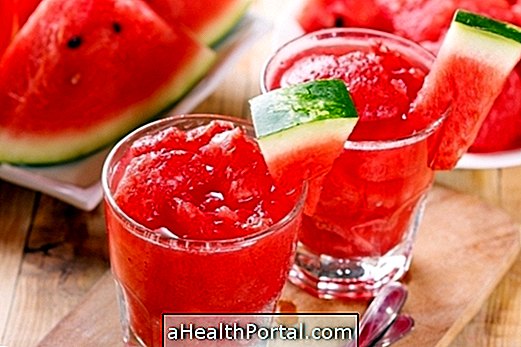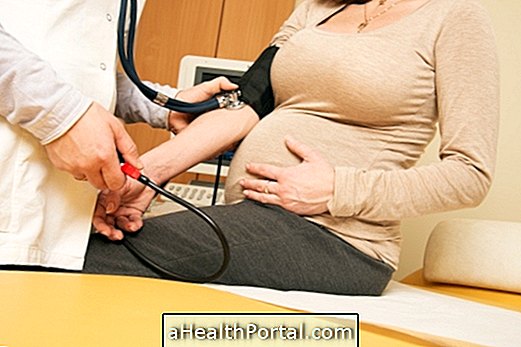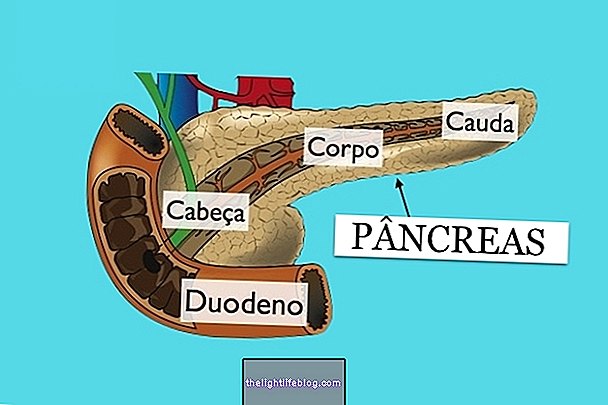The itching in the vagina can be a symptom of allergy or candidiasis, for example. When it is caused by an allergic reaction, the affected region is, in most cases, the outer one. In this case, the use of non-cotton panties and jeans daily can cause irritation and increase itching.
When the itching is internal, it may be caused by the presence of some fungus or bacteria and the symptom may be accompanied by swelling and discharge. Often the cause of itching is candidiasis, a disease caused by the imbalance of the fungi that normally inhabit this region.
Other characteristic symptoms of candidiasis are:
- Itching in the internal and external region of the woman's intimate region;
- White discharge, type curdled milk, with or without bad smell;
- Pain / burning when urinating.
Now take a quick test to find out if it is even thrush and know how to get rid of it.
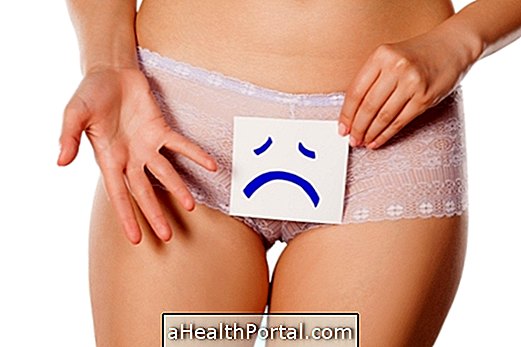
Quick test to identify cause
To find out why you have an itchy vagina, mark all the symptoms you are feeling:
- 1. Redness and swelling throughout the intimate region Yes No
- 2. Whitish plaques in vagina Yes No
- 3. Bleached white discharge similar to milled milk Yes No
- 4. Pain or burning sensation when urinating Yes No
- 5. Yellowish or greenish discharge Yes No
- 6. Presence of small balls in the vagina or rough skin Yes No
- 7. Itching that appears or worsens after using some type of panties, soap, cream, wax or lubricant in the intimate region Yes No
- 8. Presence of small swelling located on the side of the vagina Yes No

Since some of these symptoms are common to several changes, it is best to always consult the gynecologist if the itching does not improve after 1 week of simple care such as keeping the intimate area well clean and dry, avoiding synthetic clothing and eating less food sugary
Treatment for itching in the vagina
A good home treatment to relieve itching in the vagina, clitoris and big lips is to wash the intimate area with rosemary and sage tea, for example, because it has antimicrobial properties that eliminate bacteria and prevent the growth of fungi, which can cause itching. Check out the recipe for this and other home remedies for itching in the vagina.
However, the treatment for itching in the vagina always depends on your cause:
- Candidiasis : Treatment can be done with the use of oral antifungal and ointment for candidiasis prescribed by the gynecologist, such as Clotrimazole or Miconazole. See here what are and how to use the most used gynecological ointments for candidiasis.
- Allergy to chemicals such as chlorine, present in the jacuzzi, bath or pool water: wash the intimately well with a neutral pH soap and dry thoroughly before putting on cotton panties. After leaving the pool, it is also important to remove the bikini so that it does not dry out in the body and allows fungus growth or prolonged contact with chlorine.
- Sexually transmitted diseases : It is very important to consult the gynecologist and make tests to identify the specific cause, starting treatment with the most appropriate antibiotics or antivirals. Understand how the major STDs are treated.
- Hygiene habits : wash the external area daily with water and neutral soap, and always after intercourse, not being indicated to wash the vagina internally with the vaginal shower. The region should always be dry, it is better to wear cotton panties, and avoid using very tight pants, tight elastic panties and during menstruation the absorbent should be changed every 4 or 5 hours, even if it is not apparently very dirty.
In any case, if the itching lasts for more than 4 days or other symptoms appear, such as a foul smelling discharge or swelling of the area, it is advised to go to the gynecologist to identify the cause and start the appropriate treatment.
How not to have itching in the vagina
To avoid itching in the vagina, clitoris and big lips is indicated:
- Wear cotton underwear, avoiding synthetic materials that will not let the skin breathe, facilitating the growth of fungi;
- To have a good intimate hygiene, washing only the external region, with neutral soap, even after the intimate contact;
- Avoid wearing tight pants to prevent local temperature rise;
- Use condoms in all relationships to avoid contamination with STDs.
These care also help relieve local irritation and less itch when it already exists. It is also recommended to avoid eating with sugary foods. Here are some diet tips to treat itching:


